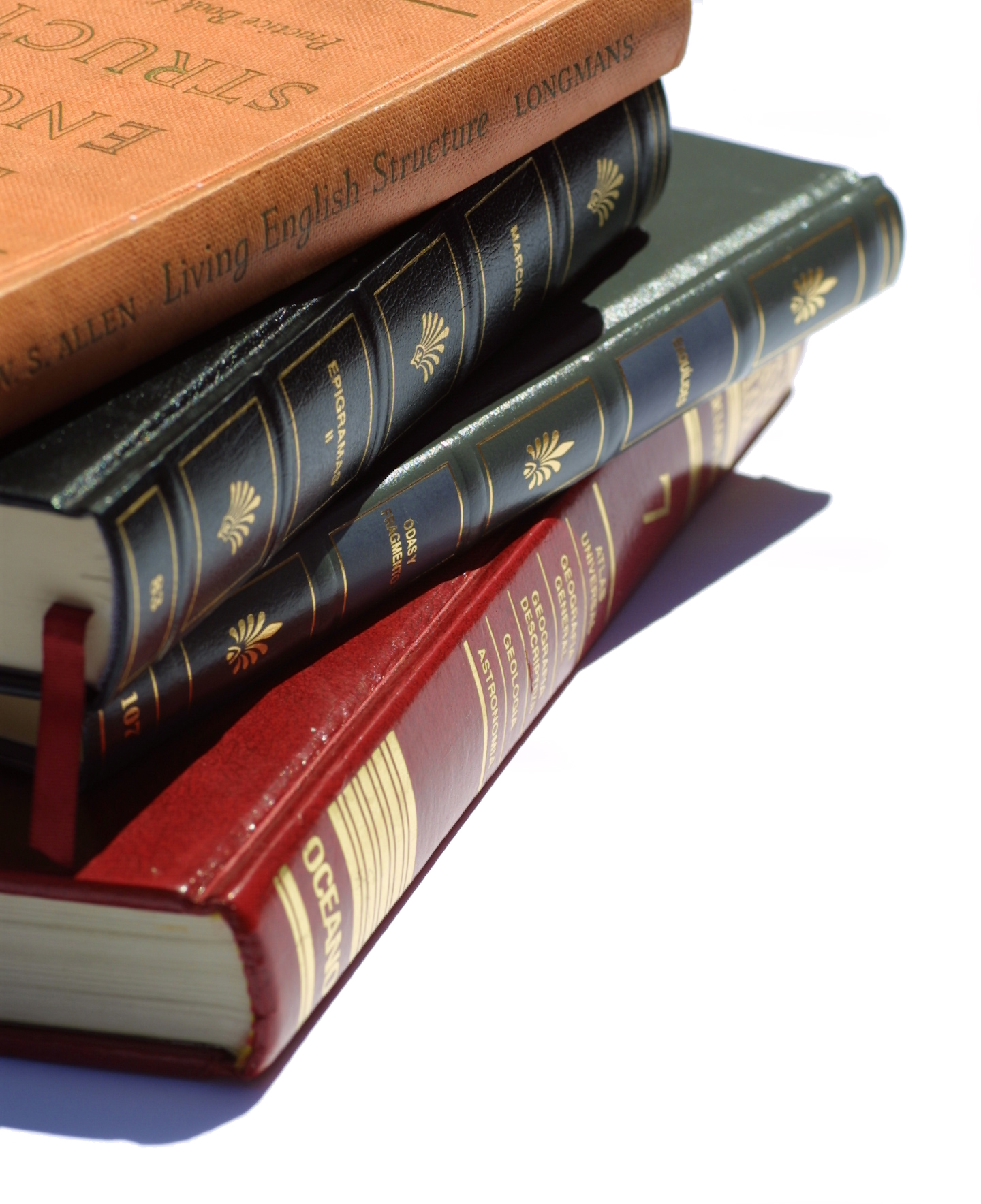From Page to Screen: The Iconic Impact of Typewrites in Pop Culture
Posted by Lautaro Berisso on Oct 26, 2023
The Remarkable Role of Typewriters in Pop Culture
From the satisfying clack of keys to the timeless charm of their design, typewriters have left an indelible mark on the world of pop culture. They have become more than mere writing instruments; they are symbols of creativity, nostalgia, and authenticity. In this blog post, we will embark on a captivating journey to explore the significant role typewriters have played in the realms of movies, television shows, and literature, unearthing their profound symbolism and impact on the way we perceive the creative process.
The origin of typewriters can be traced back to the early 19th century. The evolution of these iconic machines was a testament to human ingenuity and a quest for more efficient means of expression. As time progressed, other players in the field, such as IBM, joined the typewriter's evolution, leading to machines that not only improved in performance but also achieved a remarkable aesthetic appeal. These innovations laid the foundation for typewriters as we know them today. We discussed about the typewriter's evolution in more detail in another blog from last year.
When it comes to typewriters in popular culture, there have been memorable moments that have involved our favorite way to write. In this blog, we're highlighting just a few of those moments!
Typewriters on the Silver Screen
Typewriters have graced the silver screen for decades, and they are often featured in pivotal moments that add depth and intrigue to the storytelling. In "The Shawshank Redemption," Andy Dufresne, the film's protagonist, uses a typewriter to request books for the prison library. His typewritten letters and records serve as a symbol of hope and the power of the written word in the darkest of places.
In the classic film "The Shining," the typewriter is as much a character as jack Nicholson himself. As Jack Torrance types "All work and no play makes Jack a dull boy" repetitively, they typewriter embodies the creeping madness that grips him.
Typewriters on the Small Screen
Television shows have also harnessed the typewriter's power to convey character quirks, underline dramatic tension, and transport viewers to different eras. On the Netflix show "Wednesday," it takes the quirky typewriter theme to the next level. In this series, Wednesday Addams is seen using a typewriter to document her observations about the supernatural world. The typewriter becomes an extension of her personality and her means of navigating the eccentricities of her family and her surroundings.
Another show where typewriters played a significant role was "The Crown." In this series, typewriters feature prominently as the royal household's workhorses. The typewriter's presence symbolizes the formality and tradition of the British monarchy and the enduring power of the written world.
Typewriters in Literature
Typewriters have not only played a significant role in the world of visual storytelling but have also left an indelible mark in the realm of literature, where authors have harnessed their power as instruments of creativity and expression. In classic novels and modern fiction alike, typewriters have been portrayed as more than just machines for transcribing words onto paper. They become characters in their own right, representing the struggles and triumphs of their users.
Famous authors such as Tom Hanks and Danielle Steel have relied on typewriters. These machines influenced their writing processes and contributed to the tone and style of their works. For instance, Hanks uses typewriters to add a layer of nostalgia and charm to his writing, taking readers on a journey through different eras and emotions; whereas, Danielle Steel considers that typewriters as a symbol of dedication and hard work, mirroring the same qualities that make her novels beloved by millions of readers. We discussed this further in our blog about four famous celebrity typewriter enthusiasts.
Typewriters as Symbols of Creativity
These machines, often considered relics in the digital era, hold a unique place in pop culture. Typewriters transcend being mere machines and represent profound symbols of creativity, authorship, and individuality. Thus, they embody the essence of creativity. They rhythmic clatter of keys and tactile connection to writing offer a unique link to the creative process.
Even in the digital era, typewriters continue to captivate as collectibles and creative tools. Their infused nostalgia authenticity appeals to a new generation of enthusiasts and creatives who seek to infuse their work with a unique, tangible connection to the past.

In recent years, typewriters have experienced a renaissance as sought-after vintage and artisanal items. Their resurgence is not limited to a niche community, it extends to the broader public. Typewriter-themed events, from gatherings of collectors to creative writing workshops, have flourished. These trends raise an intriguing question: why do typewriters continue to captivate the imagination of a new generation?
Typewriters have embedded themselves in the tapestry of pop culture. They have been pivotal in movies, TV shows, and literature, where they symbolize the essence of creativity, authorship, and individuality. These machines not only evoke nostalgia but also inspire and empower a new generation of creative individuals. In a world where innovation constantly reshapes our methods of expression, typewriters remind us of the timeless power of storytelling. So, as we conclude this journey through the world of typewriters in pop culture, I would like to ask you: have you explored the captivating world of these machines and their role in inspiring creativity, and if not, what is stopping you? It is an exploration waiting to be typed, a story yet to be told.


